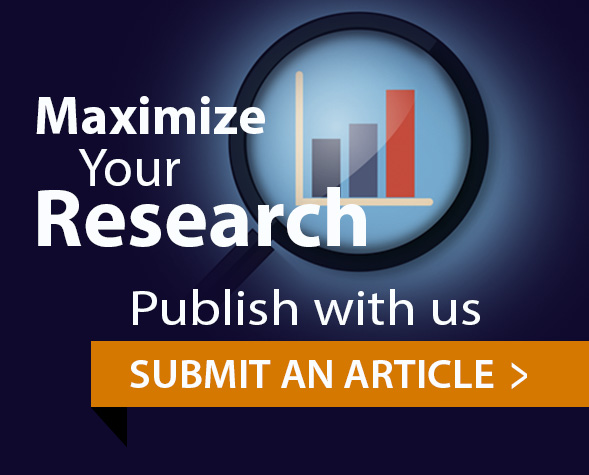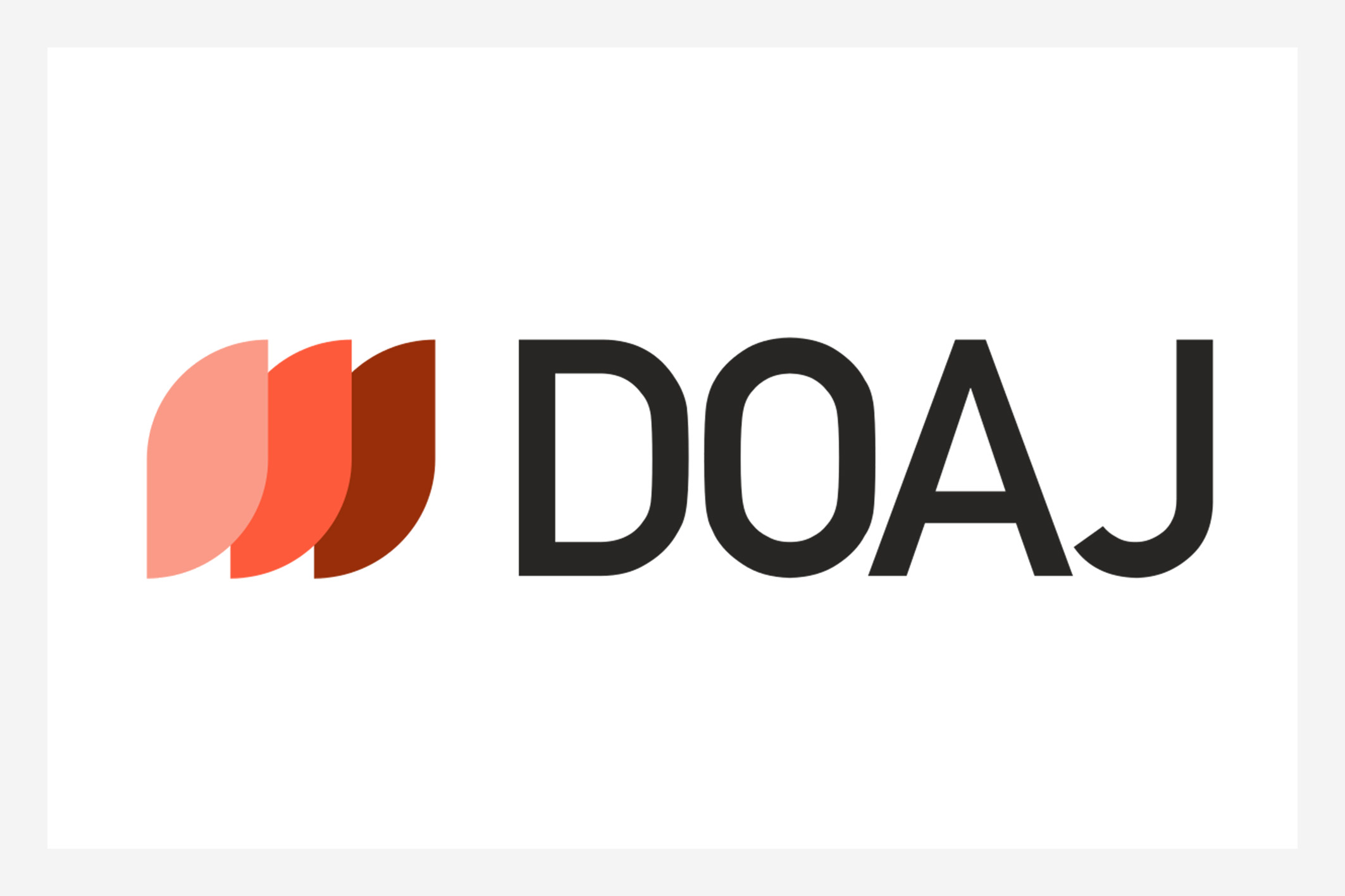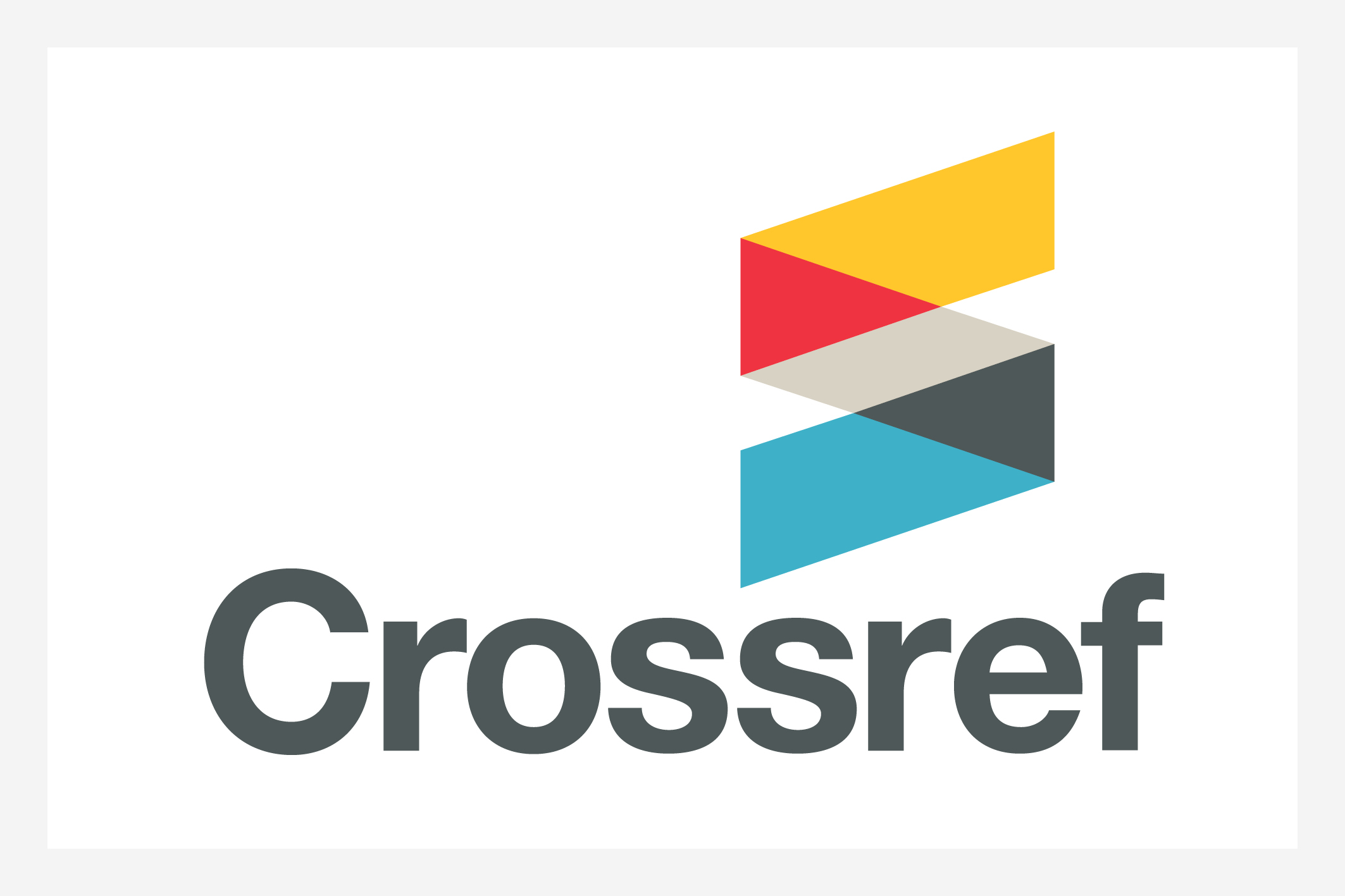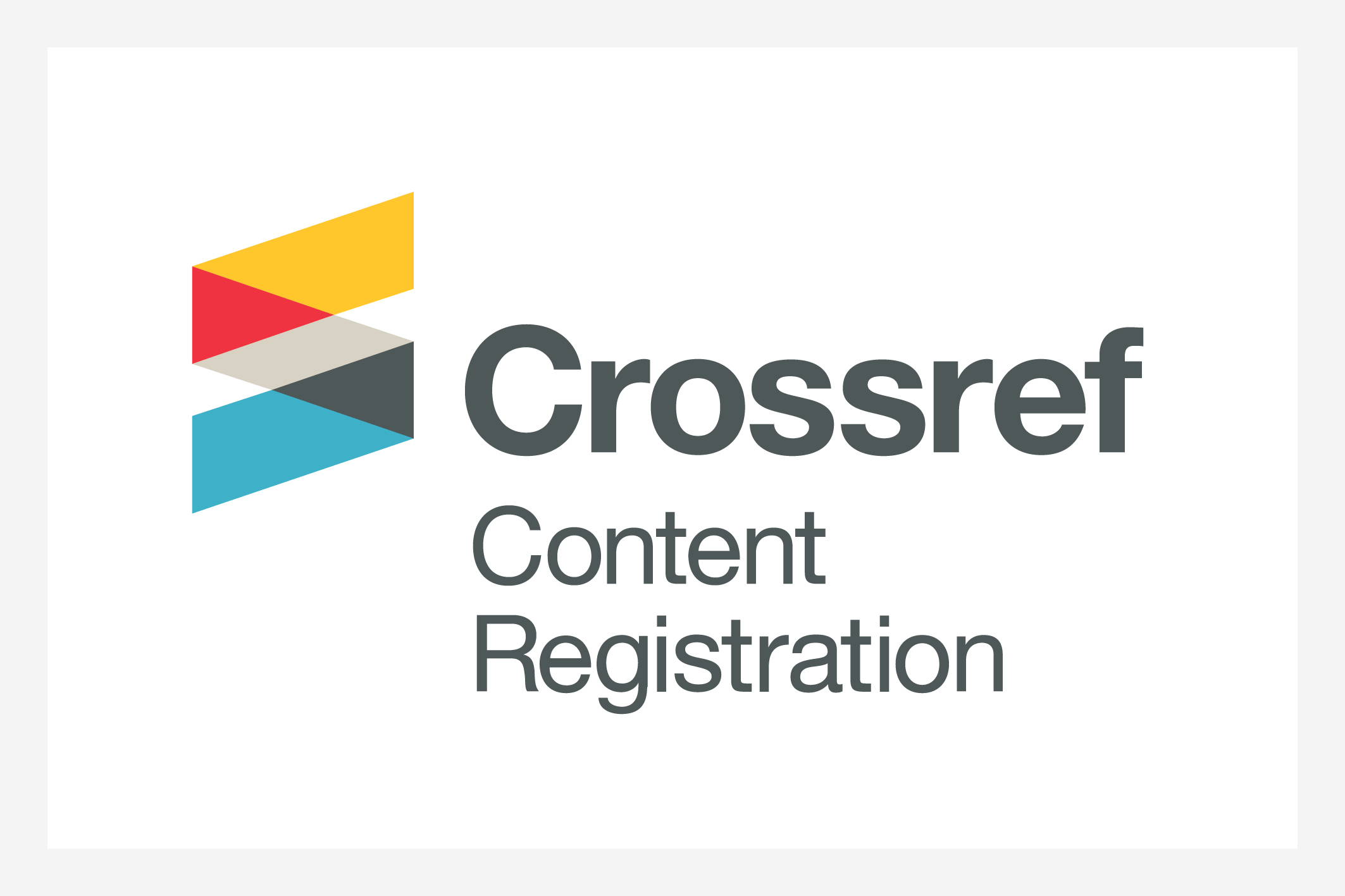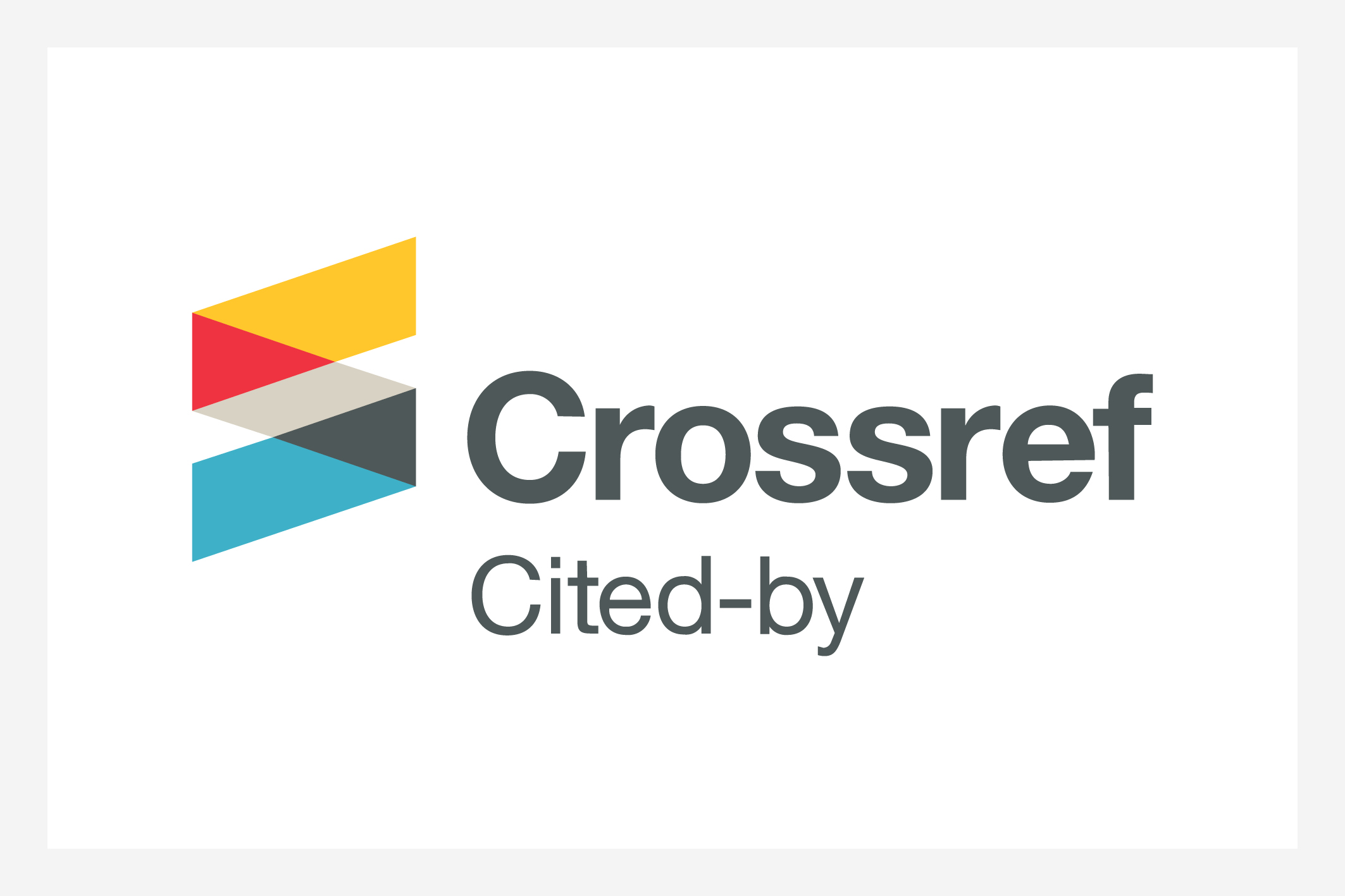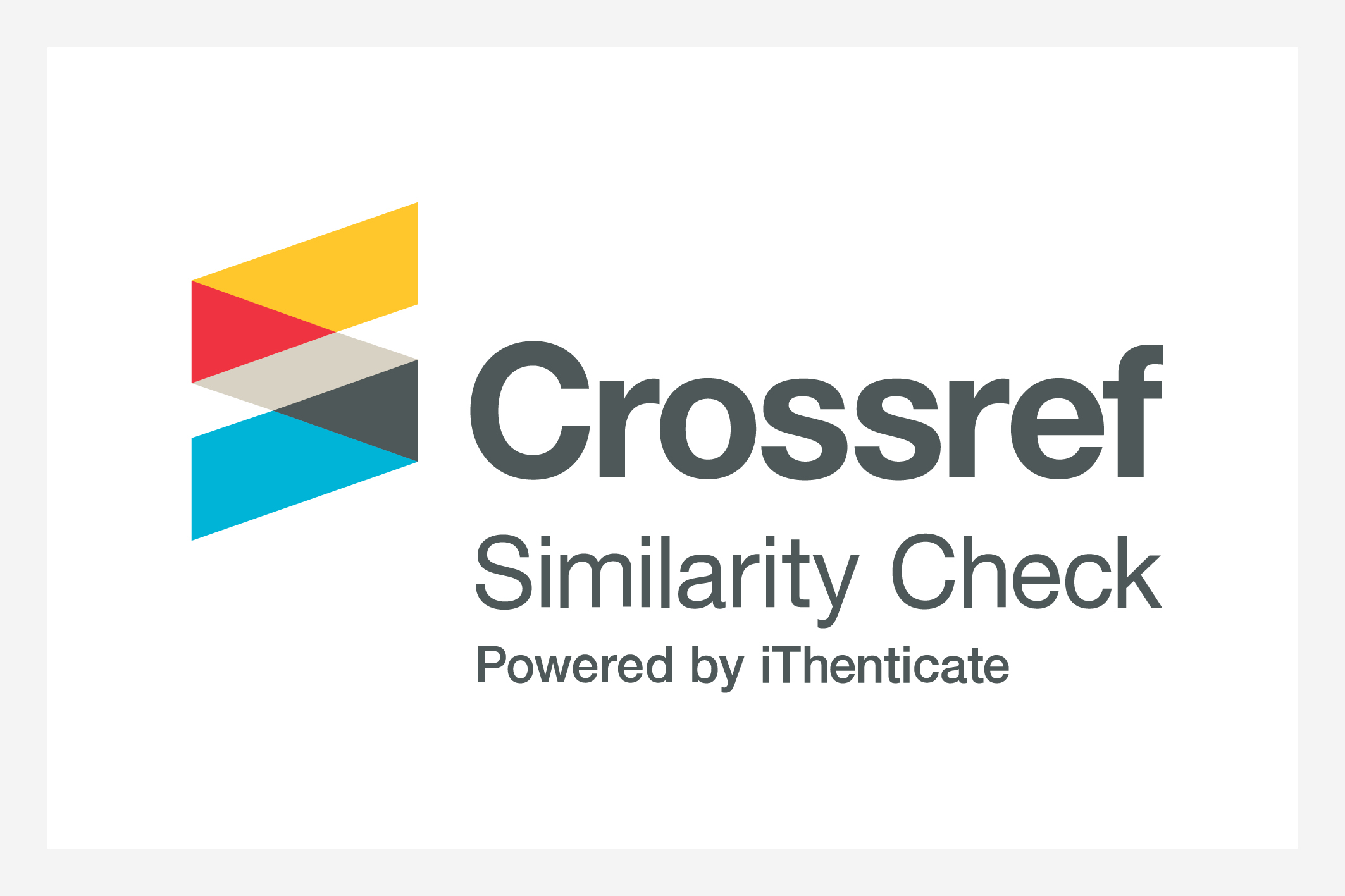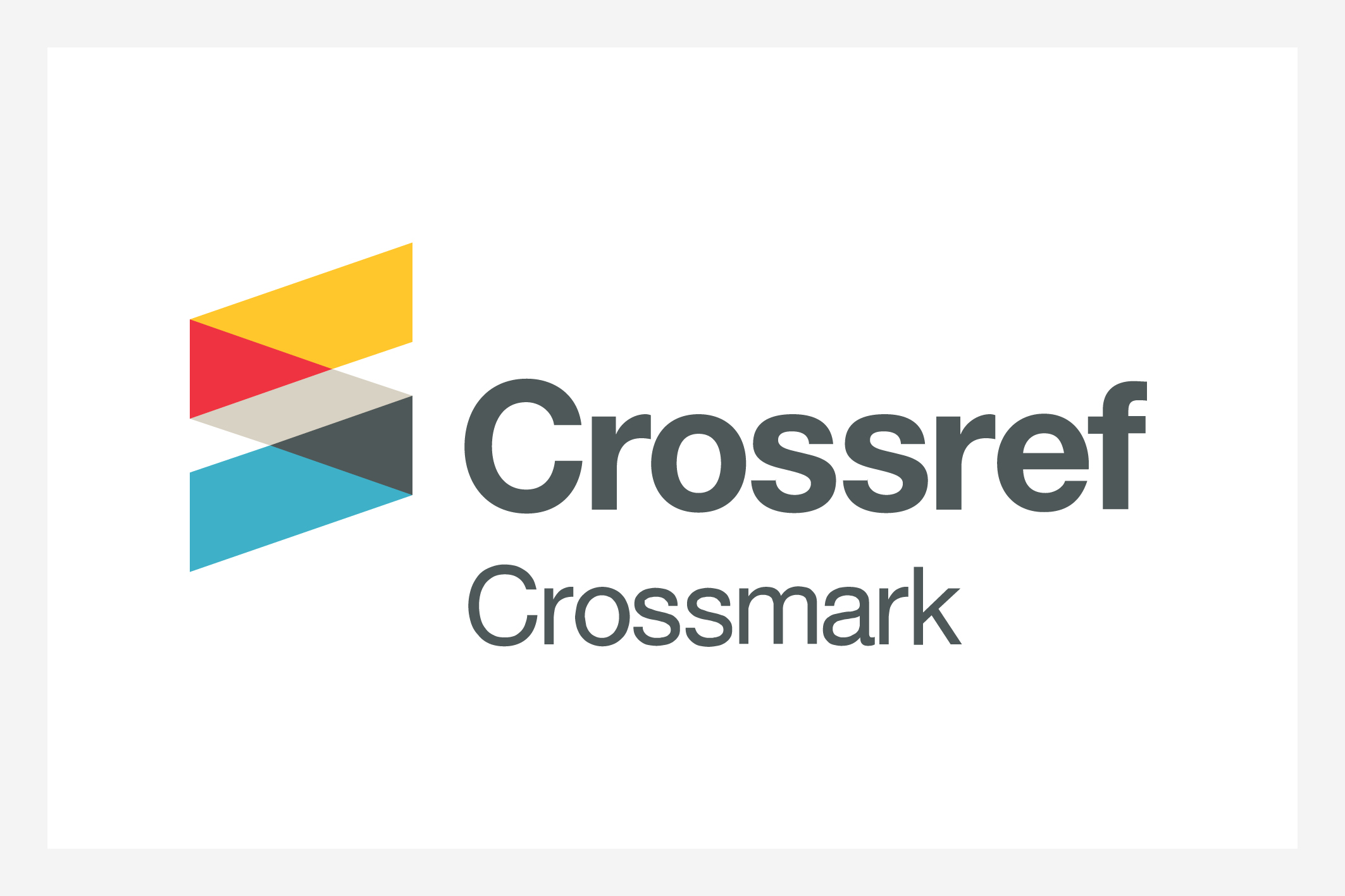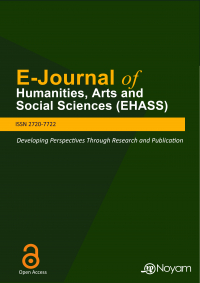
The Effect of Practical Work on Grade 11 Learners’ Misconceptions about Cellular Respiration
Issue: Vol.6 No.11 Article 11 pp. 2860 – 2872
DOI: https://doi.org/10.38159/ehass.202561111 | Published online 31st October, 2025
© 2025 The Author(s). This is an open access article under the CCBY license (http://creativecommons.org/licenses/by/4.0/).
This study examined the effects of practical work on the misconceptions of cellular respiration held by Grade 11 learners in the Mankweng circuit in the Capricorn South District of the Limpopo Province, South Africa. 114 Grade 11 learners from the researcher’s school participated in the study, divided into experimental and control groups. The experimental group participated in practical work. Using a two-tier multiple-choice test, the impact of these activities on learner comprehension was evaluated. The test’s first section concentrated on knowledge claims, while its second section examined learners’ misconceptions in contrast to answers that were supported by science. The findings showed that learners were able to overcome misconceptions that might have originated from their upbringing or prior education with the help of practical work. However, the findings showed that some learners still lacked understanding of cellular respiration’s basic principles and goals, and how it relates to photosynthesis in plants. According to the study, schools should schedule more time for practical work in their Life Sciences classes to improve learning depth and positive approaches towards the life sciences. Larger research with diverse learner demographics is also encouraged to validate and build upon these findings. By pointing out misconceptions and offering evidence-based methods for conceptual change, this study makes significant contributions to educational scholarship that will impact curriculum creation, teacher preparation, and classroom procedures. By demonstrating how practical work may bridge comprehension gaps and support inclusive, culturally relevant education, it enhances the discussion of science education.
Keywords: Misconception, Practical Work, Cellular Respiration, Photosynthesis, Life Sciences
Ahirwar, Reetesh Kumar, and Amit Kumar Meena. Applied Physiology. Academic Guru Publishing House, 2025.
Akerson, Valarie L, Ingrid Weiland, and Khadija E Fouad. “Children’s Ideas about Life Science Concepts.” In Research in Early Childhood Science Education, 99–123. Springer, 2015.
Andriyatno, Indri, Zulfiani Zulfiani, and Yuke Mardiati. “Higher Order Thinking Skills: Student Profile Using Two-Tier Multiple Choice Instrument.” International Journal of STEM Education for Sustainability 3, no. 1 (2023): 111–24.
Assem, Humphrey D, Laud Nartey, Eric Appiah, and James K Aidoo. “A Review of Students’ Academic Performance in Physics: Attitude, Instructional Methods, Misconceptions and Teachers Qualification.”European Journal of Education and Pedagogy 4,no.1(2023):84–92.
Bean, John C, and Dan Melzer. Engaging Ideas: The Professor’s Guide to Integrating Writing, Critical Thinking, and Active Learning in the Classroom. John Wiley & Sons, 2021.
Cabral-Gouveia, Carmo, Isabel Menezes, and Tiago Neves. “Educational Strategies to Reduce the Achievement Gap: A Systematic Review.” In Frontiers in Education, 8:1155741. Frontiers Media SA, 2023.
Chima, Abimbola Eden, Nneamaka Chisom Onyebuchi, and Sulaimon Adeniyi Idowu. “Integrating AI in Education: Opportunities, Challenges, and Ethical Considerations.” Magna Scientia Advanced Research and Reviews 10, no. 2 (March 30, 2024): 006–013. https://doi.org/10.30574/msarr.2024.10.2.0039.
Dahar, Muhammad Arshad, and Fayyaz Ahmad Faize. “Effect of the Availability and the Use of Science Laboratories on Academic Achievement of Students in Punjab (Pakistan).” European Journal of Scientific Research 51, no. 2 (2011): 193–202.
Dewey, J. Democracy and Education . New York: Macmillan, 1916.
Fleming, Malcolm L. “From Seeing and Hearing to Remembering: A Conception of the Instructional Process.” Instructional Science 9, no. 4 (1980): 311–26.
Gericke, Niklas, Per Högström, and Johan Wallin. “A Systematic Review of Research on Laboratory Work in Secondary School.” Studies in Science Education 59, no. 2 (2023): 245–85.
Gillen, Joseph, Thunnicha Ondee, Devikala Gurusamy, Jiraphorn Issara-Amphorn, Nathan P Manes, Sung Hwan Yoon, Asada Leelahavanichkul, and Aleksandra Nita-Lazar. “LPS Tolerance Inhibits Cellular Respiration and Induces Global Changes in the Macrophage Secretome.” Biomolecules 11, no. 2 (2021): 164.
Guerra-Reyes, Frank, Eric Guerra-Dávila, Miguel Naranjo-Toro, Andrea Basantes-Andrade, and Sandra Guevara-Betancourt. “Misconceptions in the Learning of Natural Sciences: A Systematic Review.” Education Sciences 14, no. 5 (2024): 497.
Hofstein, Avi, and Rachel Mamlok-Naaman. “The Laboratory in Chemistry Learning and Teaching.” Long-Term Research and Development in Science Education, 2021, 1.
Iyamuremye, Aloys, Ezechiel Nsabayez, Celestin Ngendabanga, and Fidele Hagenimana. “Effectiveness of Hands-on Practical Activities in Teaching and Learning Chemistry: An Exploration of Students’ Engagement, Experience, and Academic Performance.” African Journal of Educational Studies in Mathematics and Sciences 19, no. 1 (2023): 97–107.
Kaya, Hassan O, and Yonah N Seleti. “African Indigenous Knowledge Systems and Relevance of Higher Education in South Africa.” International Education Journal: Comparative Perspectives 12, no. 1 (2013).
Kibga, Esther, John Sentongo, and Emanuel Gakuba. “Effectiveness of Hands-on Activities to Develop Chemistry Learners’ Curiosity in Community Secondary Schools in Tanzania.” Journal of Turkish Science Education 18, no. 4 (2021): 605.
Kibirige, Israel, and Tsamago Hodi. “Learners’ Performance in Physical Sciences Using Laboratory Investigations.” International Journal of Educational Sciences 5, no. 4 (2013): 425–32.
Kurtuluş, Muhammed Akif, and Nilgün Tatar. “An Analysis of Scientific Articles on Science Misconceptions: A Bibliometric Research.” Ilkogretim Online 20, no. 1 (2021).
Machová, Markéta, and Edvard Ehler. “Secondary School Students’ Misconceptions in Genetics: Origins and Solutions.” Journal of Biological Education 57, no. 3 (2023): 633–46.
Margulieux, Lauren, Paul Denny, Kathryn Cunningham, Michael Deutsch, and Benjamin R Shapiro. “When Wrong Is Right: The Instructional Power of Multiple Conceptions.” In Proceedings of the 17th ACM Conference on International Computing Education Research, 184–97, 2021.
Martawijaya, M A, S Rahmadhanningsih, A Swandi, M Hasyim, and E H Sujiono. “The Effect of Applying the Ethno-STEM-Project-Based Learning Model on Students’ Higher-Order Thinking Skill and Misconception of Physics Topics Related to Lake Tempe, Indonesia.” Jurnal Pendidikan IPA Indonesia 12, no. 1 (2023): 1–13.
McAfee, Morgan, and Bobby Hoffman. “The Morass of Misconceptions: How Unjustified Beliefs Influence Pedagogy and Learning.” International Journal for the Scholarship of Teaching and Learning 15, no. 1 (2021): 4.
Mkimbili, Selina Thomas. “Implementation of Inquiry-Based Science Teaching in Sub-Saharan Africa: A Review.” Contemporary Issues in Education 1 (2023): 279–99.
Modell, Harold, Joel Michael, and Mary Pat Wenderoth. “Helping the Learner to Learn: The Role of Uncovering Misconceptions.” The American Biology Teacher 67, no. 1 (2005): 20–26.
Muijs, Daniel, Chris Chapman, and Paul Armstrong. “Can Early Careers Teachers Be Teacher Leaders? A Study of Second-Year Trainees in the Teach First Alternative Certification Programme.” Educational Management Administration & Leadership 41, no. 6 (November 5, 2013): 767–81. https://doi.org/10.1177/1741143213494188.
Munasi, K R, and Sikhulile Msezane. “Addressing Challenges and Implementing Professional Development for Integrating Education for Sustainable Development into Life Science Education: Integrating Education for Sustainable Development into Life Science Education.” International Journal of Curriculum and Instruction 16, no. 3 (2024): 590–610.
Nijenhuis-Voogt, Jacqueline, Dury Duru Bayram, Paulien C Meijer, and Erik Barendsen. “Students as Creators of Contexts for Learning Algorithms: How Collaborative Context Design Contributes to a Wide Range of Learning Outcomes.” International Journal of Computer Science Education in Schools 7, no. 1 (2024).
Resbiantoro, Gaguk, and Rahyu Setiani. “A Review of Misconception in Physics: The Diagnosis, Causes, and Remediation.” Journal of Turkish Science Education 19, no. 2 (2022): 403–27.
Reydon, Thomas A C. “Misconceptions, Conceptual Pluralism, and Conceptual Toolkits: Bringing the Philosophy of Science to the Teaching of Evolution.” European Journal for Philosophy of Science 11, no. 2 (2021): 48.
Riina, Matthew Damian, Cassandra Stambaugh, Nathaniel Stambaugh, and Kathryn E Huber. “Continuous Variable Analyses: T-Test, Mann–Whitney, Wilcoxin Rank.” In Translational Radiation Oncology, 153–63. Elsevier, 2023.
Sadler, D Royce. “Formative Assessment and the Design of Instructional Systems.” Instructional Science 18, no. 2 (1989): 119–44.
Sang, Irene Chemutai, Dinah Samikwo, and Borness Korir. “Student’s Gender and Attitude towards Biology Practical Work Affects Academic Performance: A Case Study of Turbo Sub-County, Kenya,” 2023.
Soeharto, Soeharto, and Benő Csapó. “Evaluating Item Difficulty Patterns for Assessing Student Misconceptions in Science across Physics, Chemistry, and Biology Concepts.” Heliyon 7, no. 11 (2021).
Soyibo, Kola, and Ann Hudson. “Effects of Computer-Assisted Instruction (CAI) on 11th Graders’ Attitudes to Biology and CAI and Understanding of Reproduction in Plants and Animals.” Research in Science & Technological Education 18, no. 2 (2000): 191–99.
Svenningsson, Johan, Gunnar Höst, Magnus Hultén, and Jonas Hallström. “Students’ Attitudes toward Technology: Exploring the Relationship among Affective, Cognitive and Behavioral Components of the Attitude Construct.” International Journal of Technology and Design Education 32, no. 3 (2022): 1531–51.
Wall Emerson, Robert. “Mann-Whitney U Test and t-Test.” Journal of Visual Impairment & Blindness. SAGE Publications Sage CA: Los Angeles, CA, 2023.
Wright, Ewan, Anne L L Tang, and Syeda Kanwal Hassan. “Student Voice in Educational Research: Reflections on an International Mixed-Method Study.” International Journal of Research & Method in Education 47, no. 5 (2024): 421–37.
Mr. Steven Zuzidlelenhle Motaung is ardently pursuing a Ph.D. at the prestigious University of Limpopo in South Africa. He is wholeheartedly committed to the transformative development of high-impact teaching strategies, passionately advancing innovative pedagogical methods with a remarkable focus on revolutionizing science education.
Zuzidlelenhle, Motaung Steven. “The Effect of Practical Work on Grade 11 Learners’ Misconceptions about Cellular Respiration.” E-Journal of Humanities, Arts and Social Sciences 6, no. 11 (2025): 2860 – 2872, https://doi.org/10.38159/ehass.202561111.
© 2025 The Author(s). Published and Maintained by Noyam Journals. This is an open access article under the CCBY license (http://creativecommons.org/licenses/by/4.0/).

